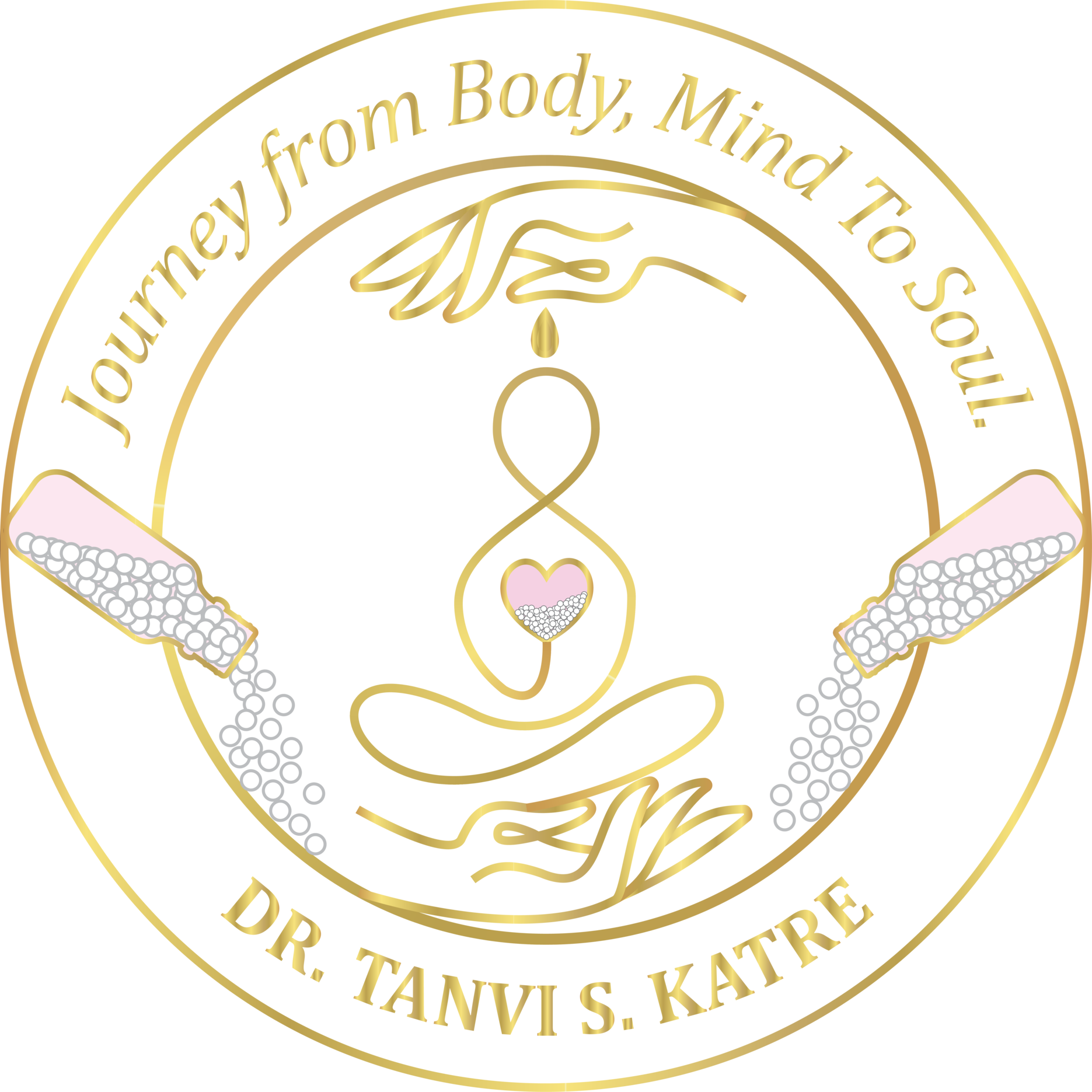Panic Disorder
1.What are Panic Attacks and Panic Disorder?
A panic attack is a sudden episode of intense fear that triggers severe physical reactions when there is no real danger or apparent cause. Panic attacks can be very frightening. When panic attacks occur, you might think you're losing control, having a heart attack or even dying.
Many people have just one or two panic attacks in their lifetimes, and the problem goes away, perhaps when a stressful situation ends. But if you've had recurrent, unexpected panic attacks and spent long periods in constant fear of another attack, you may have a condition called panic disorder.
Everyone experiences feelings of anxiety and panic at certain times. It's a natural response to stressful or dangerous situations.But someone with panic disorder has feelings of anxiety, stress and panic regularly and at any time, often for no apparent reason.
2. Symptoms of Panic Disorder
Panic attacks typically begin suddenly, without warning. They can strike at any time —
when you're driving a car, at the mall, sound asleep or in the middle of a business meeting. You
may have occasional panic attacks, or they may occur frequently.
Panic attacks have many
variations, but symptoms usually peak within minutes. You may feel fatigued and worn out after a
panic attack subsides.
Anxiety:
-
1. Anxiety is a feeling of unease. It can range from mild to severe, and can include feelings of worry and fear. Panic is the most severe form of anxiety.
-
2. You may start to avoid certain situations because you fear they'll trigger another attack.
-
3. This can create a cycle of living "in fear of fear". It can add to your sense of panic and may cause you to have more attacks.
Panic Attacks:
-
1. During a panic attack you get a rush of intense mental and physical symptoms. It can come on very quickly and for no apparent reason.
-
2. A panic attack can be very frightening and distressing.
Panic attacks typically include some of these signs or symptoms:
- Sense of impending doom or danger
- Fear of loss of control or death
- Rapid, pounding heart rate
- Sweating
- Trembling or shaking
- Shortness of breath or tightness in your throat
- Chills
- Hot flashes
- Nausea
- Abdominal cramping
- Chest pain
- Headache
- Dizziness, lightheadedness, or faintness
- Numbness or tingling sensation
- Feeling of unreality or detachment
3. How Long Can a Panic Attack Last?
Panic attacks usually last 5 to 20 minutes. But some people have reported attacks
lasting up to an hour.
The number of attacks you have will depend on how severe your
condition is. Some people have attacks once or twice a month, while others have them several times
a week.
Although panic attacks are frightening, they're not dangerous. An attack will not cause you any physical harm, and it's unlikely you'll be admitted to the hospital if you have one.
Be aware that most of these symptoms can also be symptoms of other conditions or
problems, so you may not always be experiencing a panic attack.
For example, you may have a
racing heartbeat if you have very low blood pressure.
4. Causes of Panic Disorder
As with many mental health conditions, the exact cause of panic disorder is not fully understood.
But it's thought to be linked to a combination of things, including:
- A traumatic or very stressful life experience.
- Having a close family member with panic disorder.
- An imbalance of neurotransmitters (chemical messengers) in the brain.
- Major life stress, such as the death or serious illness of a loved one.
- A traumatic event, such as sexual assault or a serious accident.
- Major changes in your life, such as a divorce or the addition of a baby.
- Smoking or excessive caffeine intake.
- History of childhood trauma.
- Fear.
5. The Healing Power of Homeopathy in Panic Disorder
6. How Homoeopathy Addresses Panic Disorder?
Homeopathy is based on the principle that the mind, body, and soul are intricately connected, and to achieve true healing, all aspects of an individual must be considered. This holistic approach recognizes that emotional and mental well-being are as vital as physical health. Here's how homoeopathy understands and works with the mind, body, and soul connection:
1. Soul - Mind-Body Connection:
Homeopathy recognizes that our emotional and mental state can significantly influence our physical health. Stress, anxiety, and unresolved emotional issues can manifest as physical symptoms. Homeopathic remedies are chosen based on an individual's emotional and mental state, as well as physical symptoms, to promote overall balance.
2. Individualised Treatment:
- Homeopathy focuses on individualised treatment. When you come to us, we will talk to you and listen to you carefully. It's like having a chat with a good friend who really cares about you. We ask about your feelings, your worries, and your life.
- We take a detailed case history, considering not only physical symptoms but also the person's emotions, fears, and past experiences. By addressing the emotional and mental aspects, homeopathy aims to restore harmony to the entire being.
3. Healing the Root Causes:
Homeopathy aims to identify and address the root causes of both physical and emotional distress. Instead of merely suppressing symptoms, it seeks to eliminate the underlying imbalances that contribute to illness. It’s a holistic method that goes straight to the root causes of emotional distress and, in the case of suicidal behavior, helps to heal the pain that leads to such despair. This approach aligns with the idea that true healing involves addressing the core issues affecting mind, body, and soul.
4. Mental and Emotional Well-Being:
One of the unique qualities of homeopathy is its ability to promote mental and emotional well-being without side effects. Homeopathic remedies gently stimulate the body's innate healing abilities, supporting emotional balance and resilience.
5. Soul Connection:
In a broader sense, homeopathy acknowledges the spiritual or soul aspect of an individual. While not directly a spiritual or religious practice, homeopathy recognizes that a person's beliefs, values, and life experiences can impact their well-being. Homeopathy takes a holistic view, considering the person as a whole, including their spiritual or soul connection.
6. Monitoring and Adjustments:
We don't just give you the remedies and send you on your way. We stay with you on this journey. We will check how you're feeling and adjust things if needed. It's like having a buddy to help you along the way.
7. Things you can try yourself
hat to do during a panic attack:
• The next time you feel a panic attack coming on:
- Stay where you are, if possible
- Breathe slowly and deeply
- Remind yourself that the attack will pass
- Focus on positive, peaceful, and relaxing images
- Remember it's not life-threatening
• Preventing a further attack
- Read a self-help book for anxiety disorder.
- Try activities like yoga and Pilates, to help you relax
- Learn breathing exercises to help ease your symptoms
- Do regular physical exercise to reduce stress and tension
- Avoid sugary food and drinks, caffeine and alcohol, and stop smoking, as they can all make attacks worse
Support Groups:
Panic disorder can have a big impact on your life, but support is available. It might help to speak to other people with the same
In simple terms, homoeopathy is a gentle and side-effect-free way to manage panic disorder. It doesn't just cover up the symptoms; it goes deeper to understand what's causing them.
WE are like your caring friends who will walk with you on your journey to feeling better.
So, let's embark on this journey together, and discover the potential for managing panic disorder through the gentle and holistic power of homoeopathy

